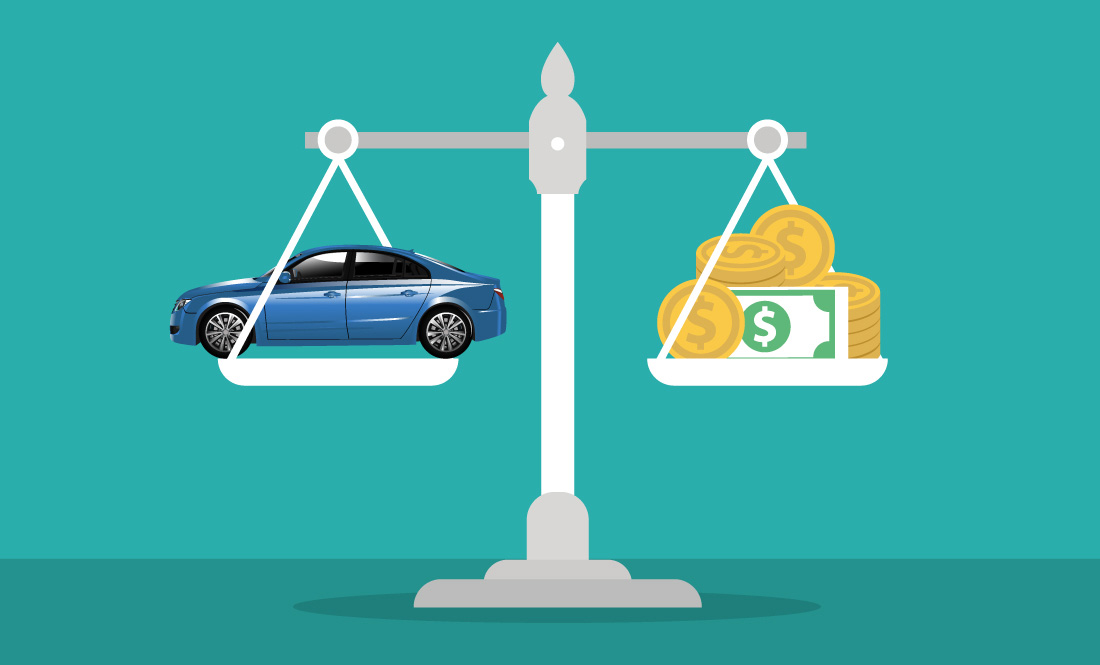Car valuation refers to the process of determining the monetary worth or market value of a vehicle. It involves assessing various factors such as the car’s age, make, model, mileage, condition, and market demand. Car valuation is commonly conducted by appraisers, dealerships, and online platforms using different methodologies, such as comparing similar vehicles in the market, considering historical pricing data, and taking into account current market trends.
The valuation helps individuals and businesses to determine a fair selling or buying price for a car, negotiate during transactions, and make informed decisions regarding insurance, financing, or resale.
When Should I Do Car Evaluation
Car evaluation, or car valuation, can be beneficial in several situations:
- Selling a Car: If you are planning to sell your car, it is a good idea to conduct a car evaluation beforehand. Knowing the value of your car can help you set a realistic asking price and negotiate with potential buyers more effectively.
- Buying a Used Car: Before purchasing a used car, it is advisable to perform a car evaluation to determine its market value. This allows you to assess whether the asking price is fair and make an informed decision during negotiations.
- Insurance Purposes: When insuring your car, the insurance company may require a car evaluation to determine the vehicle’s value. This helps in calculating the appropriate insurance premium and ensures adequate coverage.
- Financing or Refinancing: If you plan to finance a car or refinance an existing loan, the lender may request a car evaluation to establish the vehicle’s value. This helps the lender determine the loan amount or the refinancing terms.
- Estate Planning: In estate planning, car valuation may be necessary to assess the value of your assets. This information can be helpful in estate distribution or calculating inheritance taxes.
- Legal Disputes or Insurance Claims: In the case of legal disputes or insurance claims related to your car, a car evaluation can provide an objective assessment of the vehicle’s value, supporting your case or claim.
RELATED ARTICLES
What can affect the value of my car?
Several factors can influence the value of your car. Here are some key factors that can affect the value:
-
- Age and Mileage: Generally, older cars with higher mileage tend to have lower values compared to newer vehicles with lower mileage.
- Condition: The overall condition of your car, including its exterior, interior, and mechanical components, plays a significant role in determining its value. Well-maintained vehicles with minimal wear and tear typically have higher values.
- Make and Model: The make and model of your car can impact its value. Some brands and models hold their value better over time due to factors like reputation, reliability, and demand in the market.
- Market Demand: The current demand for a specific make, model, or body type of car can affect its value. Popular cars that are in high demand often have higher values compared to less sought-after models.
- Optional Features and Upgrades: Additional features and upgrades, such as leather seats, advanced infotainment systems, or safety enhancements, can increase the value of your car.
- Service and Maintenance History: A well-documented service and maintenance history, including regular servicing and repairs, can positively impact the value of your car, demonstrating its proper care and upkeep.
- Accidents and Damage: Previous accidents or damage to your car can lower its value, even if it has been repaired. A vehicle with a clean accident history generally holds a higher value.
- Market Conditions: The overall economic conditions, including supply and demand dynamics, interest rates, and fuel prices, can influence the value of cars in the market.
SOURCE: Papergist.com



